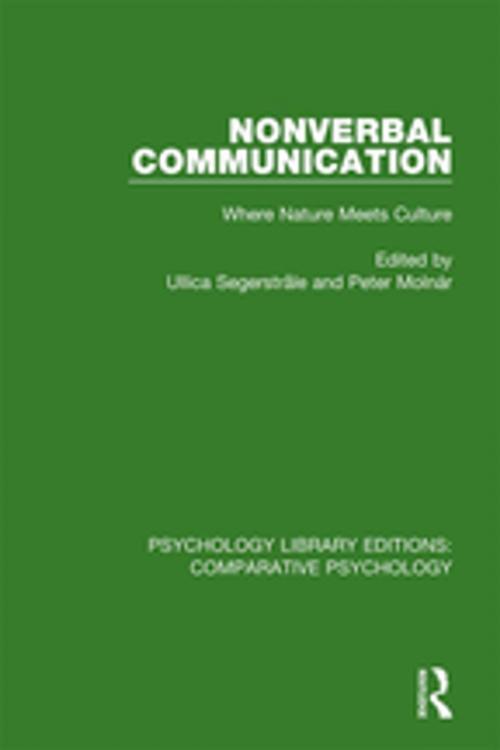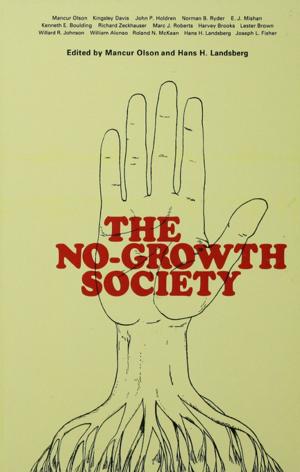| Author: | ISBN: | 9781351243117 | |
| Publisher: | Taylor and Francis | Publication: | February 19, 2018 |
| Imprint: | Routledge | Language: | English |
| Author: | |
| ISBN: | 9781351243117 |
| Publisher: | Taylor and Francis |
| Publication: | February 19, 2018 |
| Imprint: | Routledge |
| Language: | English |
The field of nonverbal communication is a strategic site for demonstrating the inextricable interrelationship between nature and culture in human behaviour. This book, originally published in 1997, aims to explode the misconception that "biology" is something that automatically precludes or excludes "culture". Instead, it points to the necessary grounding of our social and cultural capabilities in biological givens and elucidates how biological factors are systematically co-opted for cultural purposes.
The book presents a complex picture of human communicative ability as simultaneously biologically and socioculturally influenced, with some capacities apparently more biologically hard-wired than others: face recognition, imitation, emotional communication, and the capacity for language. It also suggests that the dividing line between nonverbal and linguistic communication is becoming much less clear-cut.
The contributing authors are leading researchers in a variety of fields, writing here for a general audience. The book is divided into sections dealing with, respectively, human universals, evolutionary and developmental aspects of nonverbal behaviour within a sociocultural context, and finally, the multifaceted relationships between nonverbal communication and culture.
The field of nonverbal communication is a strategic site for demonstrating the inextricable interrelationship between nature and culture in human behaviour. This book, originally published in 1997, aims to explode the misconception that "biology" is something that automatically precludes or excludes "culture". Instead, it points to the necessary grounding of our social and cultural capabilities in biological givens and elucidates how biological factors are systematically co-opted for cultural purposes.
The book presents a complex picture of human communicative ability as simultaneously biologically and socioculturally influenced, with some capacities apparently more biologically hard-wired than others: face recognition, imitation, emotional communication, and the capacity for language. It also suggests that the dividing line between nonverbal and linguistic communication is becoming much less clear-cut.
The contributing authors are leading researchers in a variety of fields, writing here for a general audience. The book is divided into sections dealing with, respectively, human universals, evolutionary and developmental aspects of nonverbal behaviour within a sociocultural context, and finally, the multifaceted relationships between nonverbal communication and culture.















